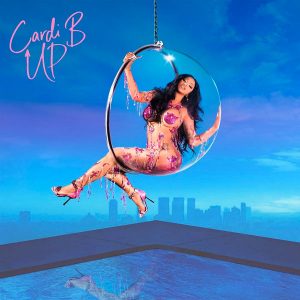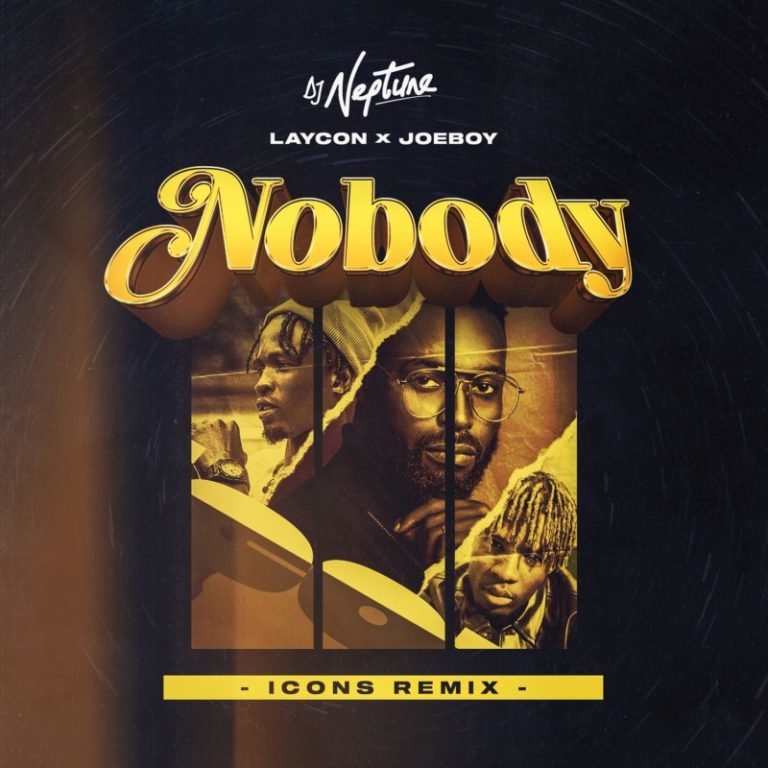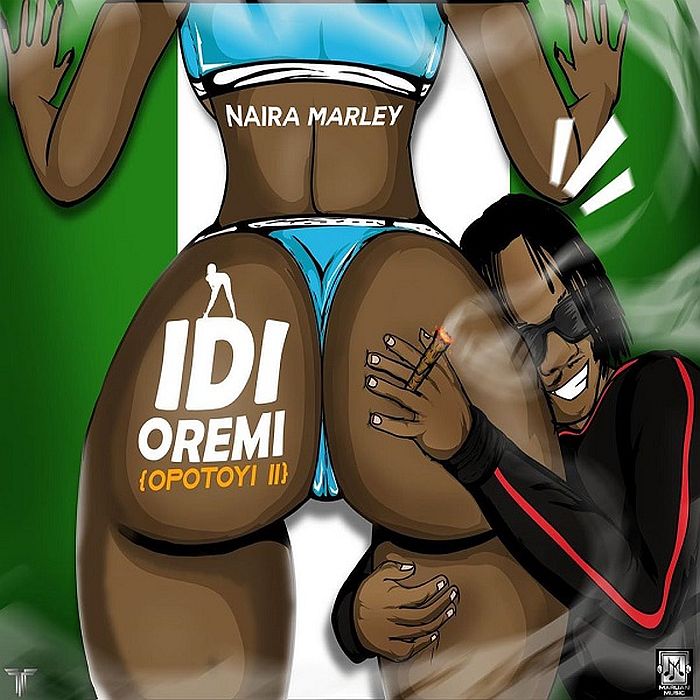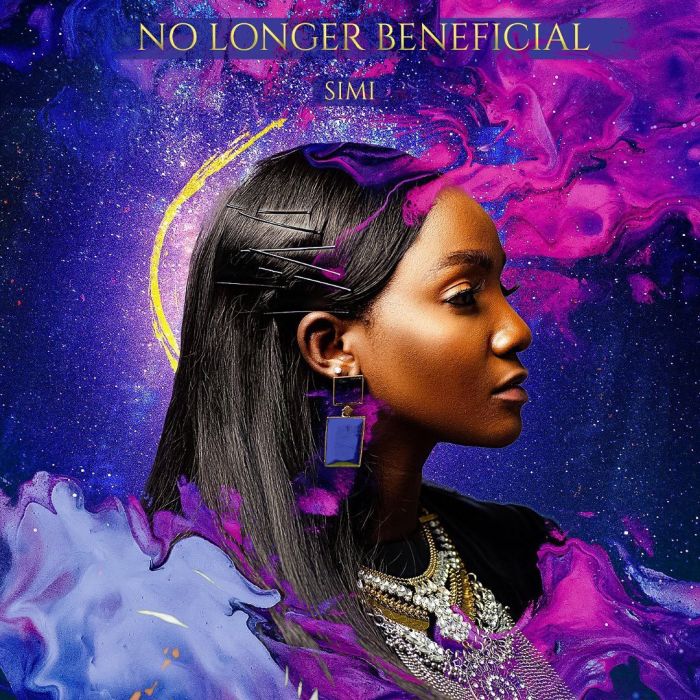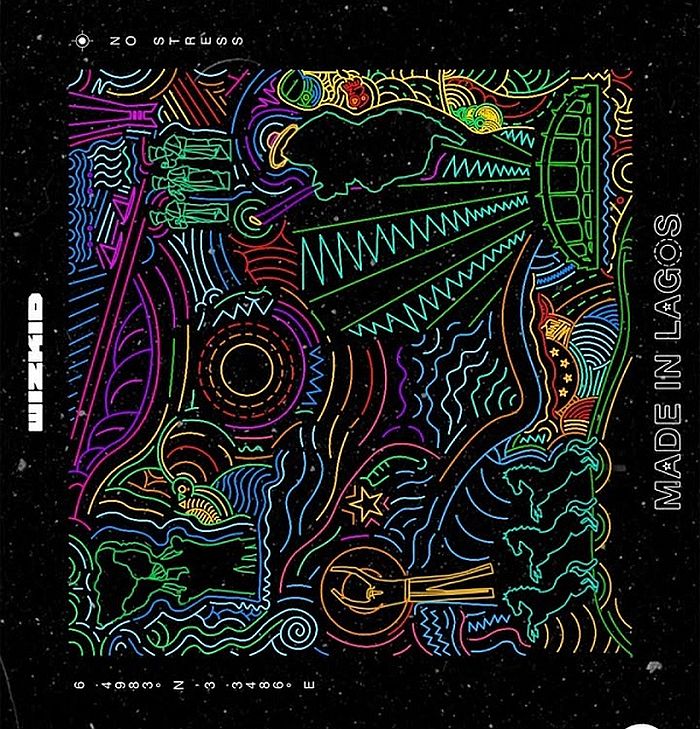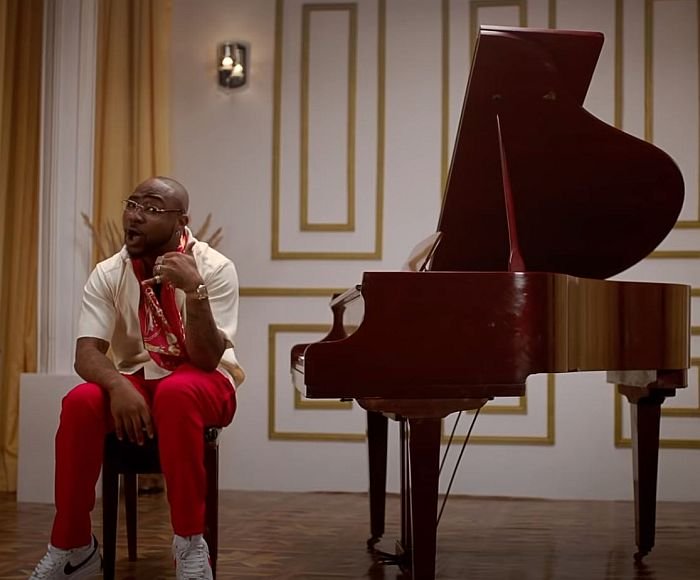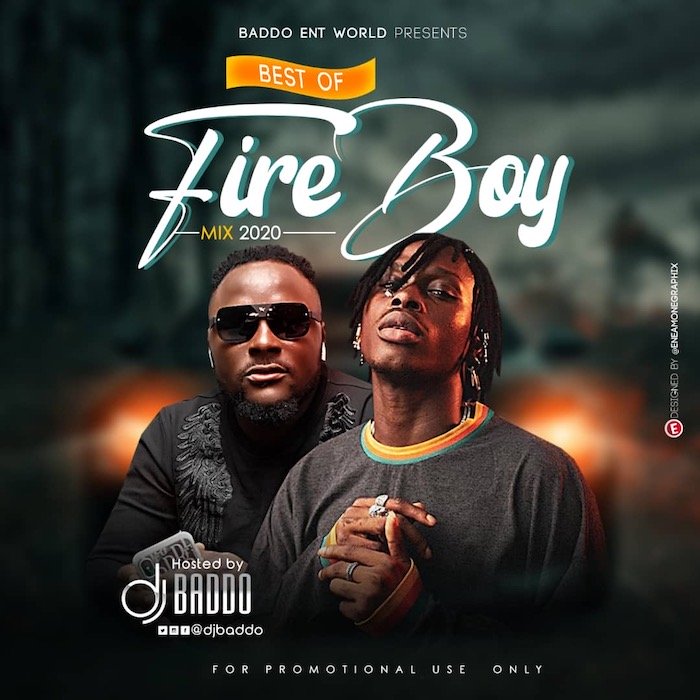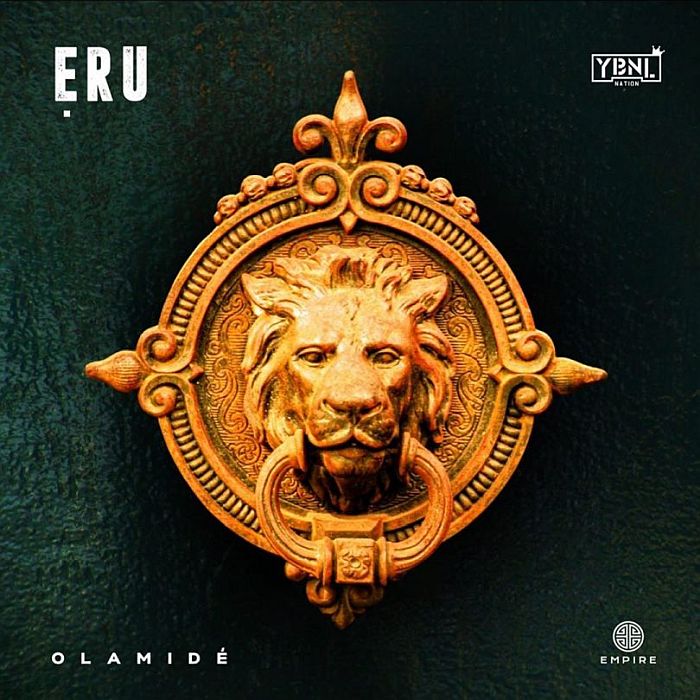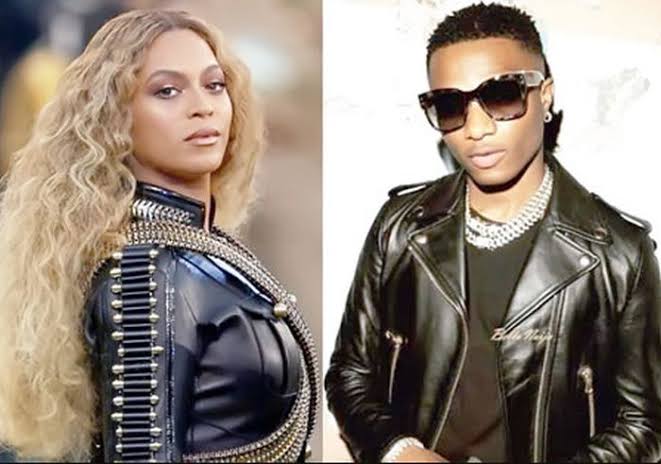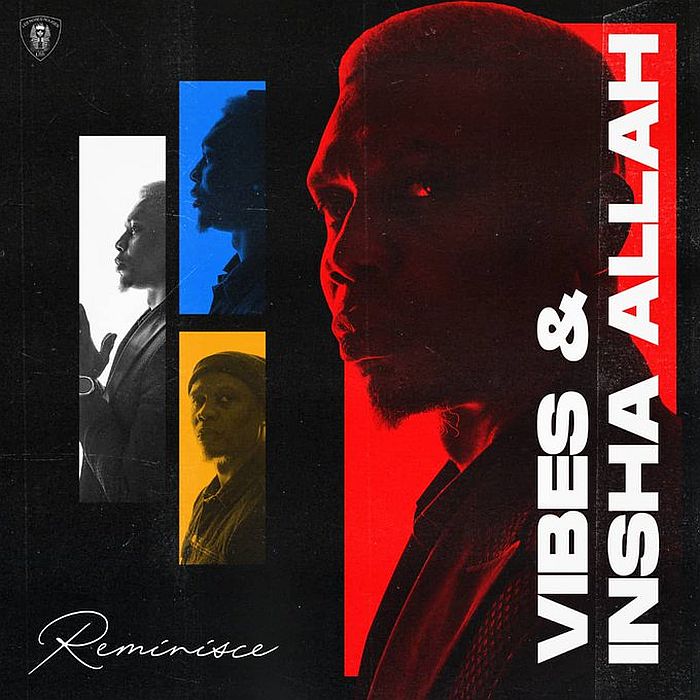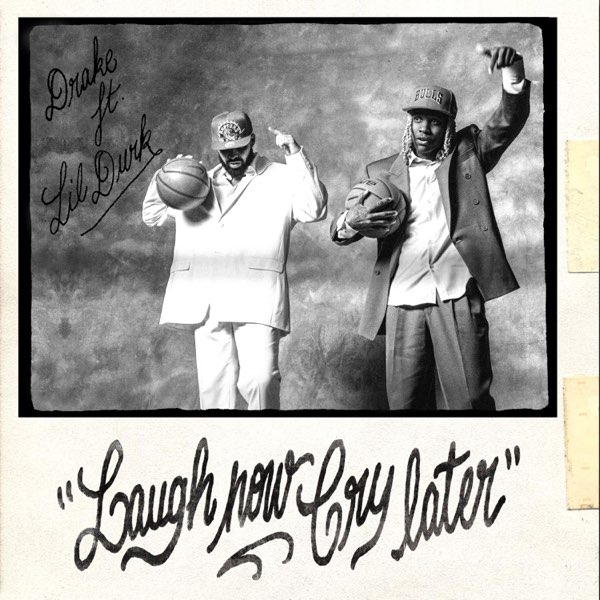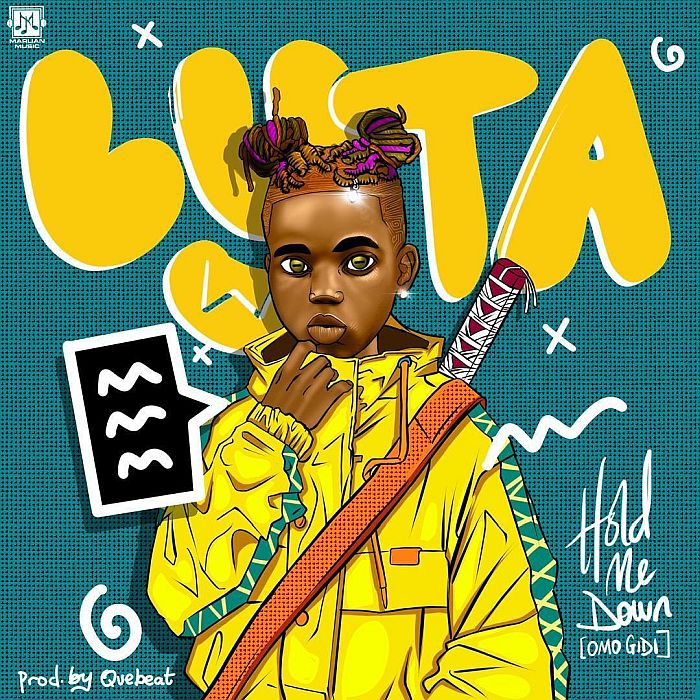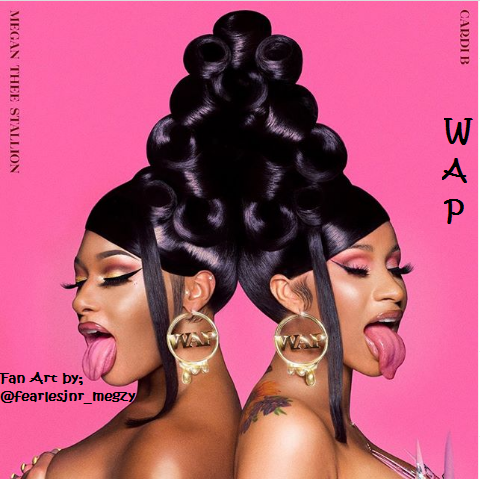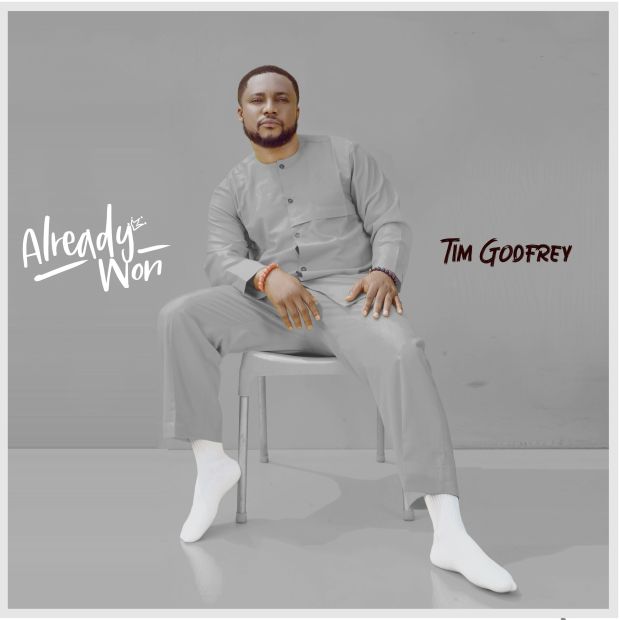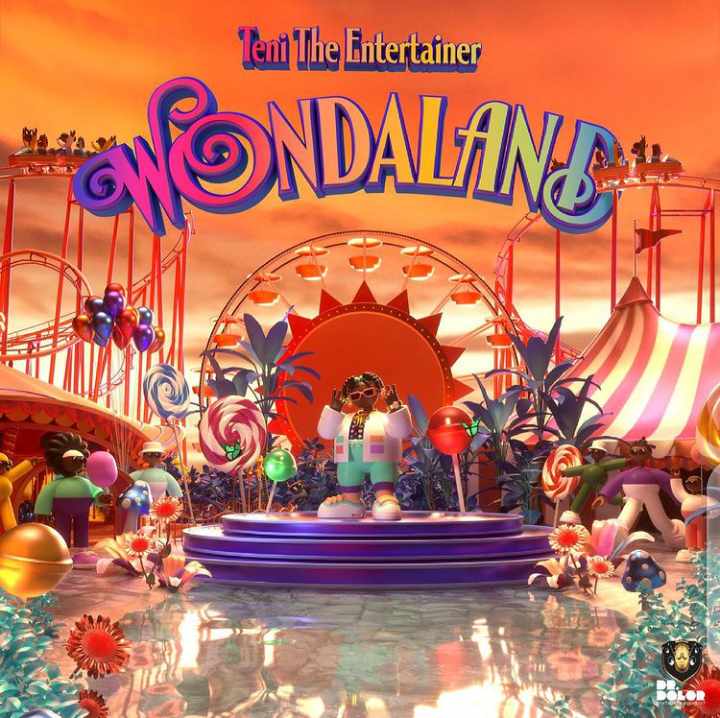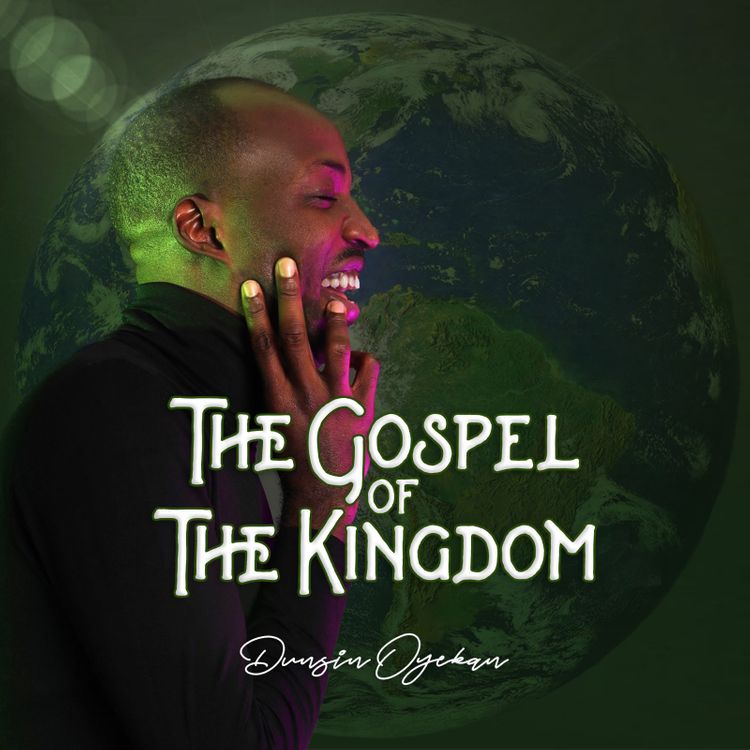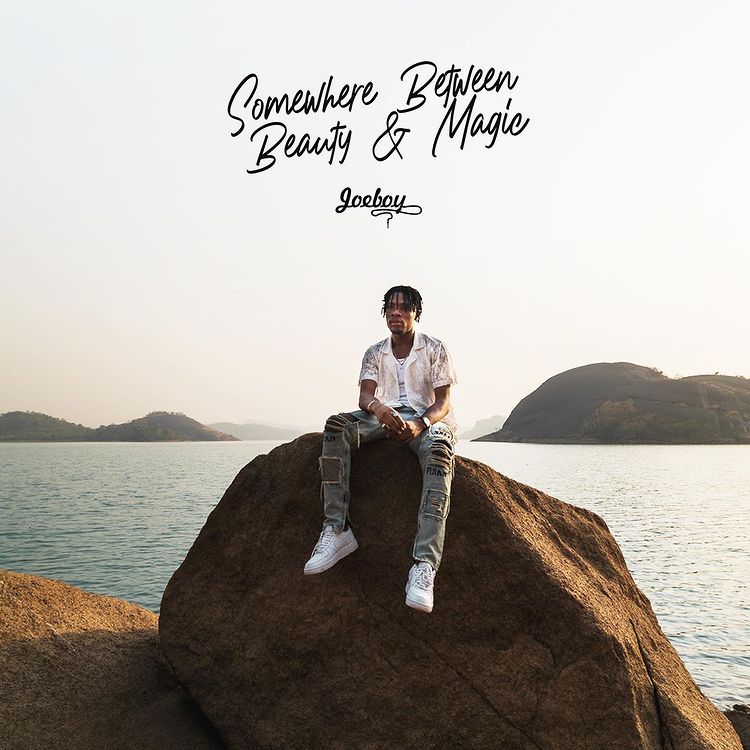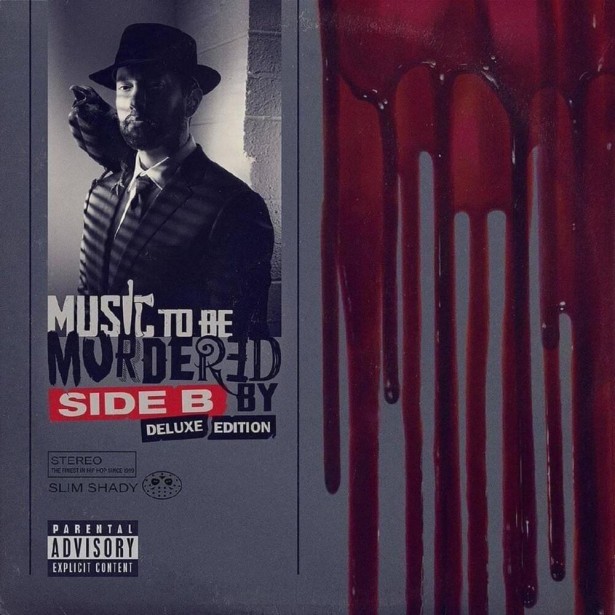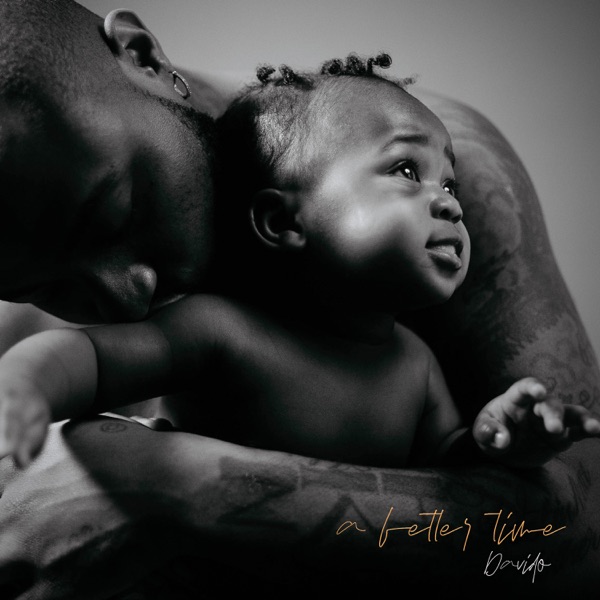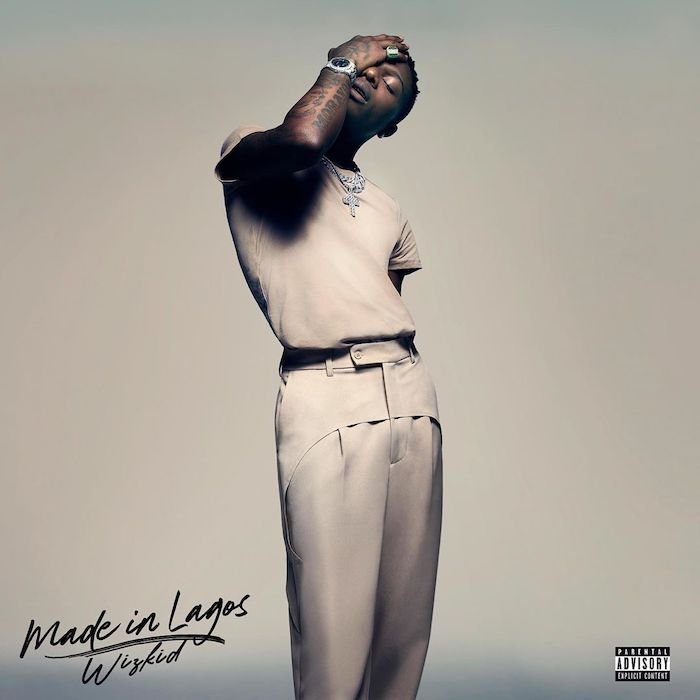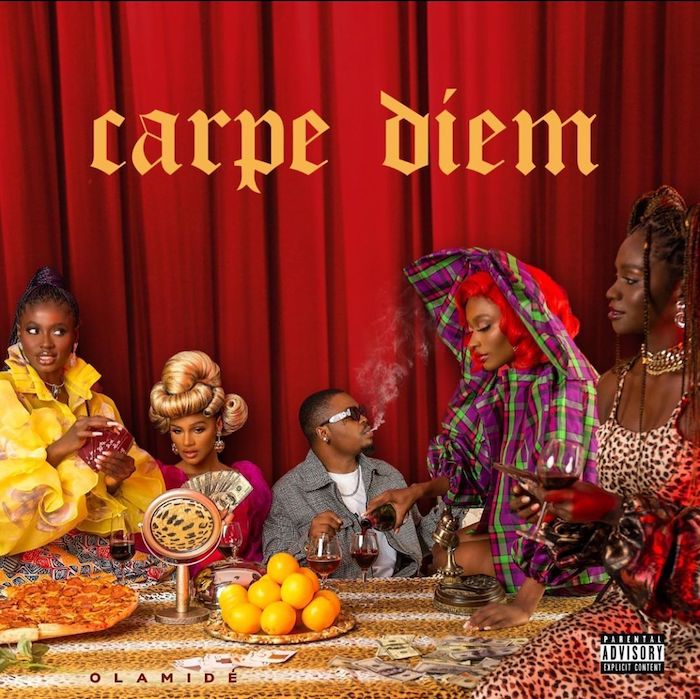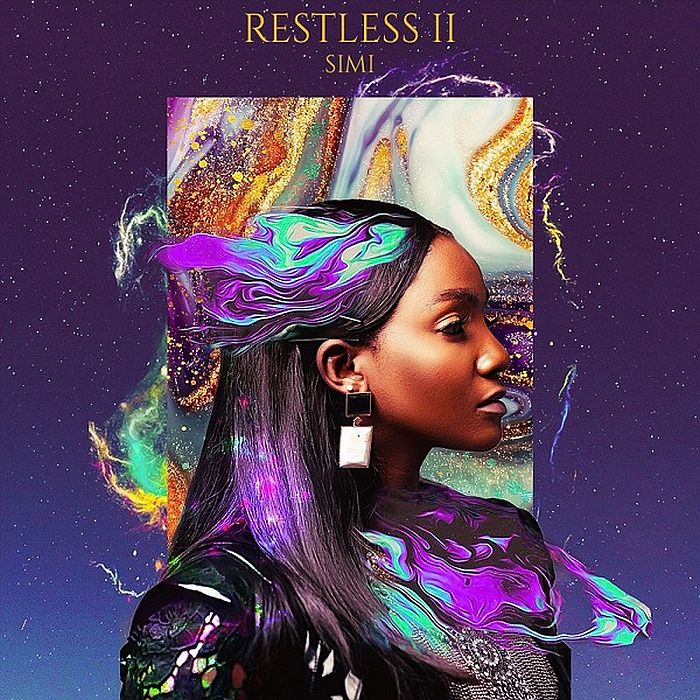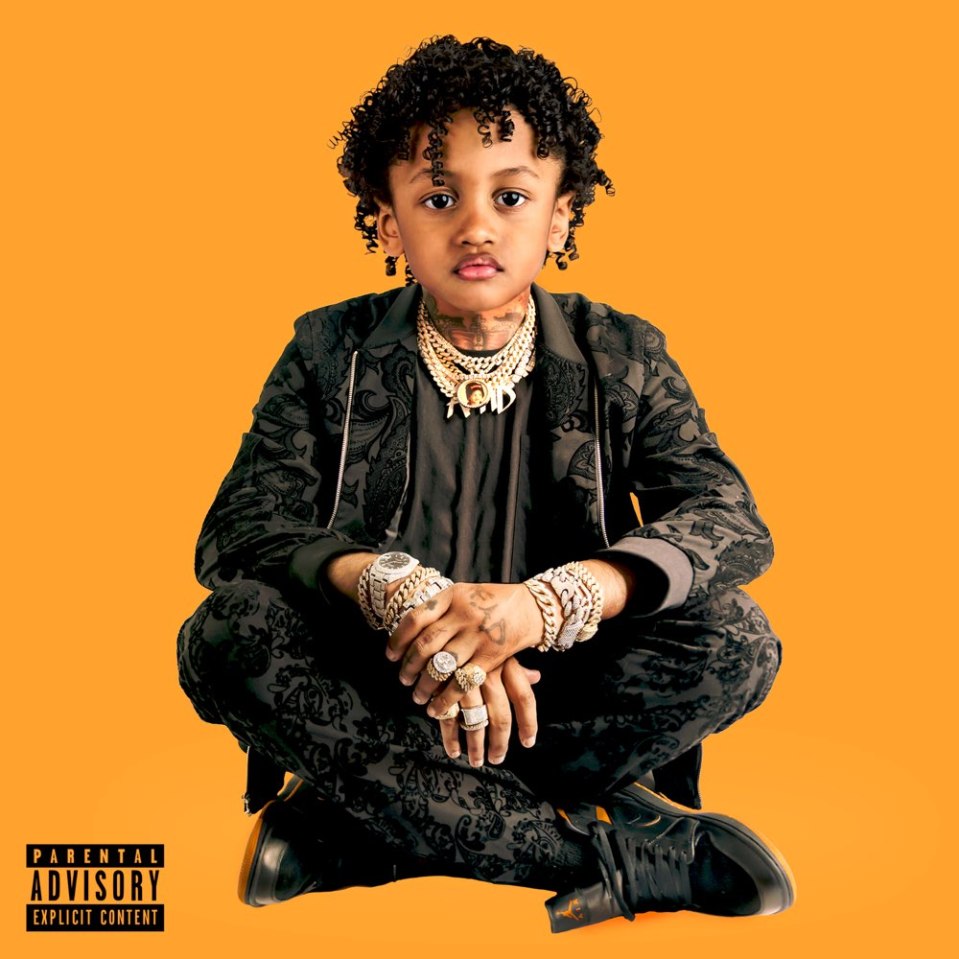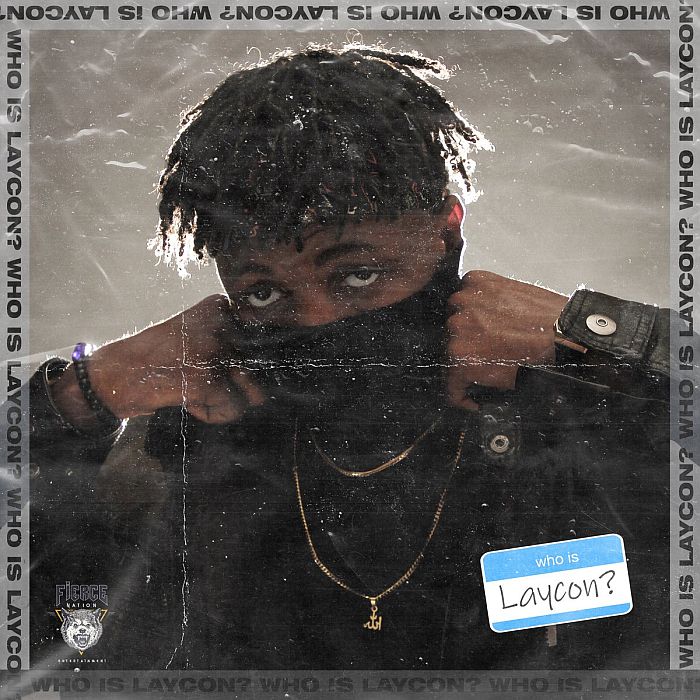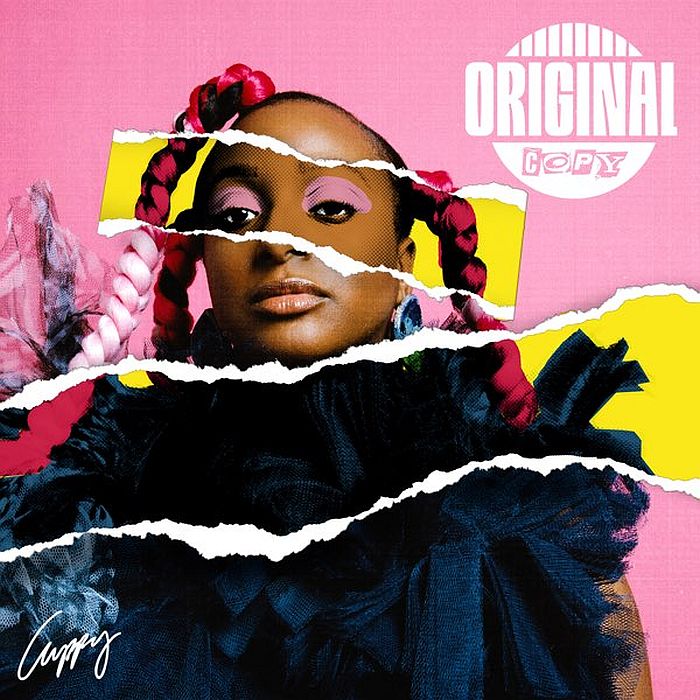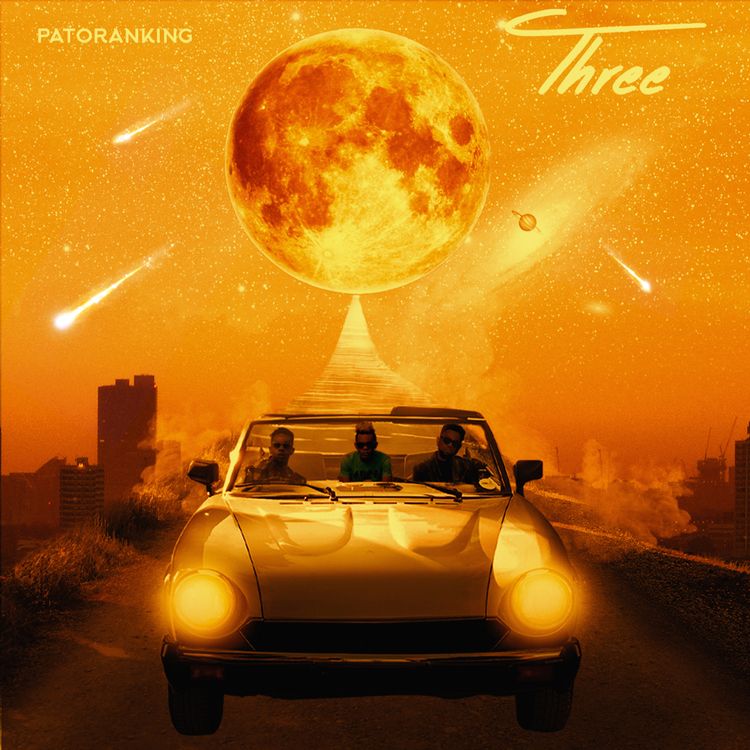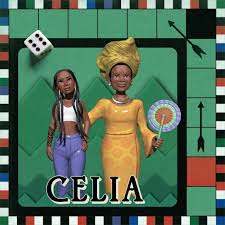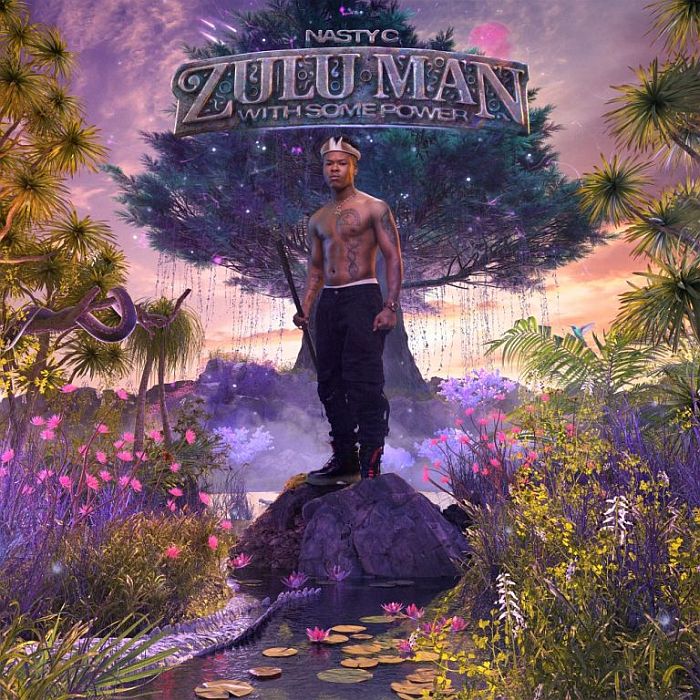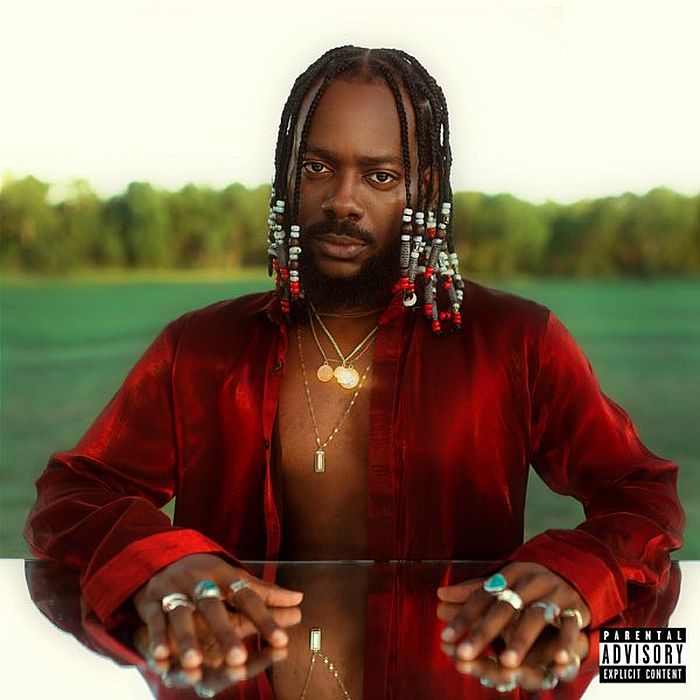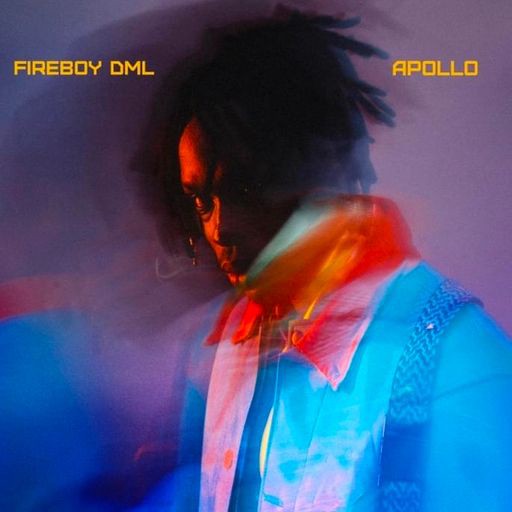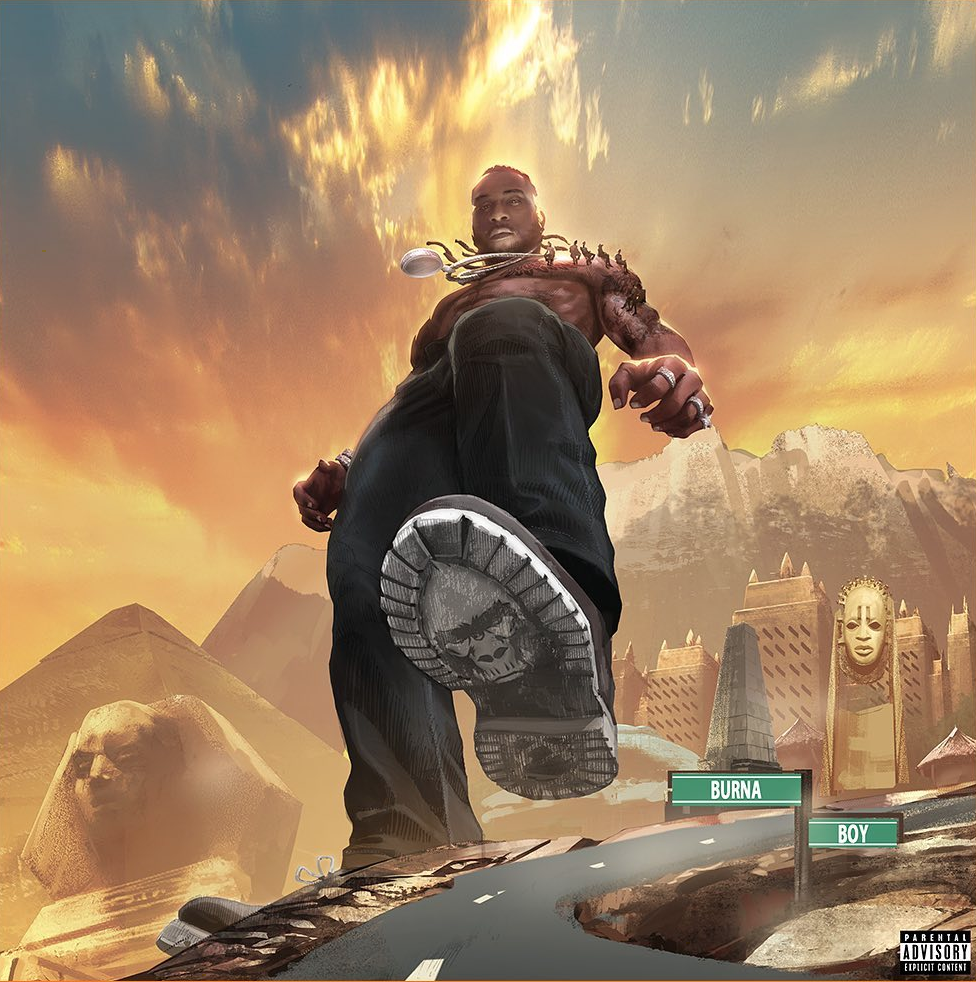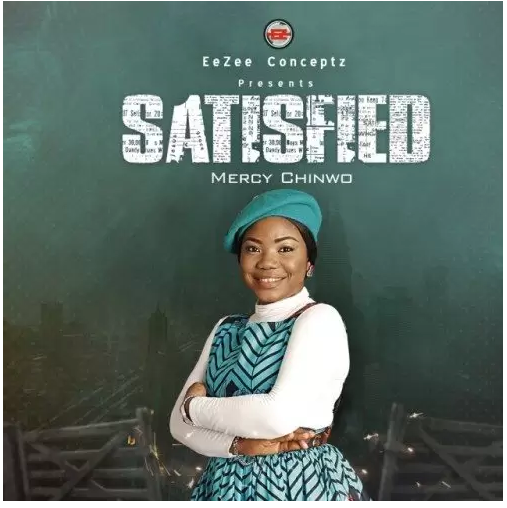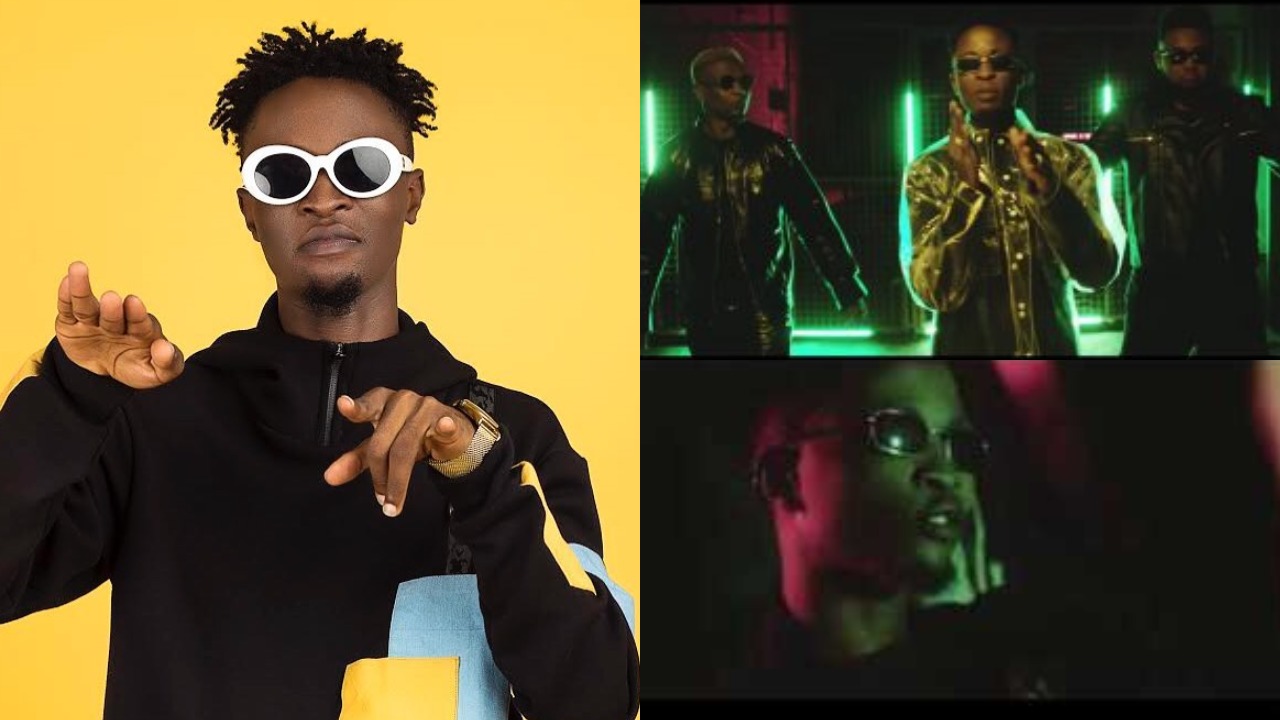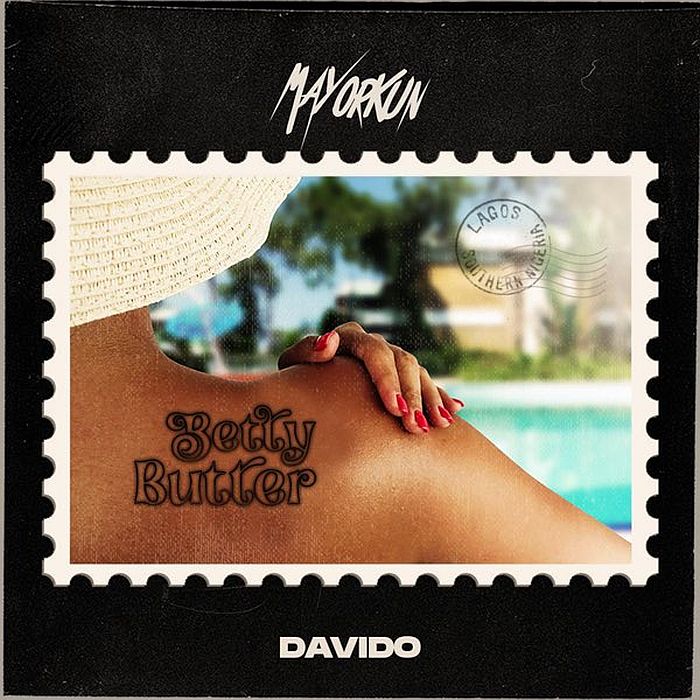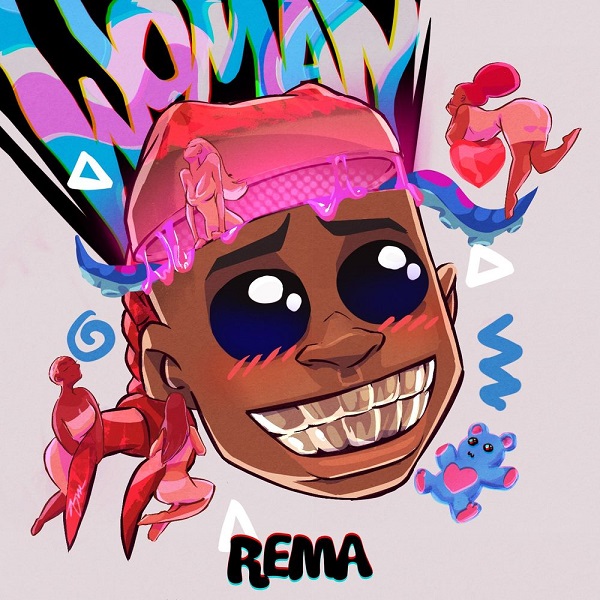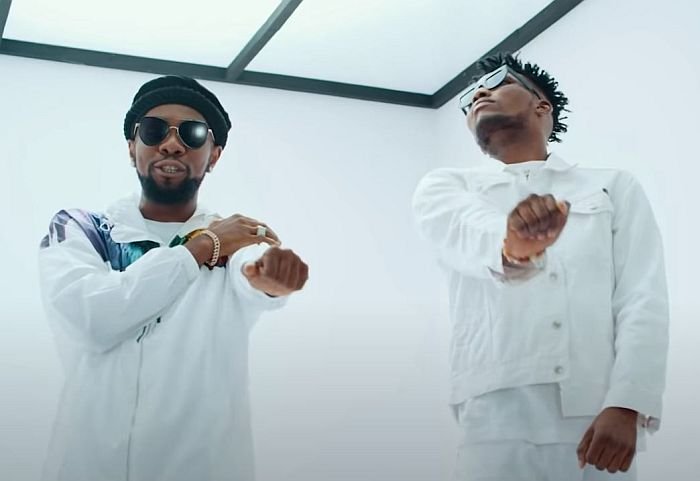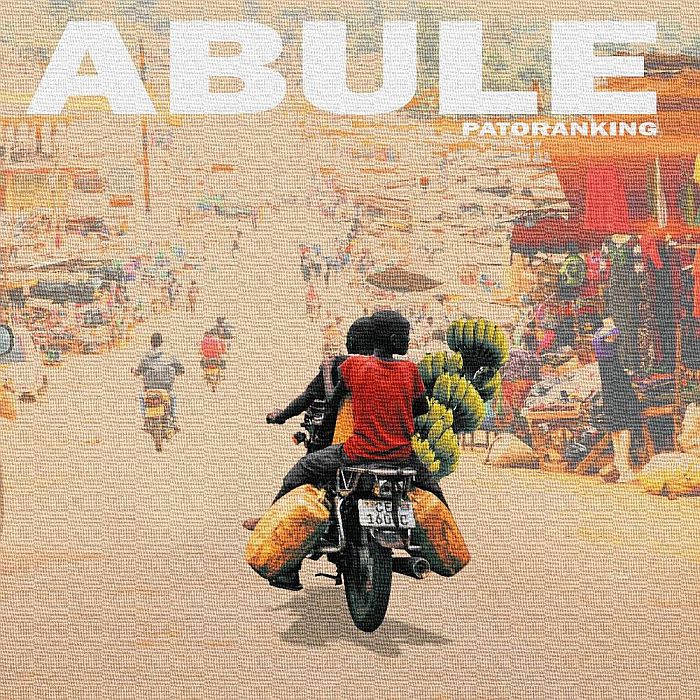When Will The Old M.I Abaga Return From Underground Wars?
Posted by E.L.E.X on April 25 2020 under Celebrities
You can call M.I Abaga ‘bad vibes’ now, and you won’t be incorrect. After all, he isn’t making any music that’s giving the public enough joy to look the other way.
Instead, he’s morphed into a neo-social commentator, who’s been drawing the wrong energy of late. Jude Abaga, the legend, loves to spend time on Twitter, but it’s coming at a steep price; desertification.
He still makes music—experimental ‘deep’ elder rap—but none of it connects with a wider audience like it used to. It’s like the older he’s gotten, the more he’s moved further away from the light of what made us fall in love with him.
Once upon a time, it was blasphemy to approach M.I without reverence. His word was law, the Hip-hop genre had a lot to be grateful to him for. He redesigned the blueprint of Nigerian rap. But that seems like another lifetime.
Right now, some parts of the internet will cheer a good dragging session, dirtying him with deep venom. From losing a beef to his counterpart Vector, to drawing ire for stretching his hands to a 19-year-old woman, and sharing a deeply personal joke about producer Sarz, he can’t seem to catch a break.
Yes, he is still a legend. But you know how it works; the public continues to follow a person for their mystery. Once the audience unravels all the layers, or senses that they’ve ‘seen you finish,’ they’ll move on. They’re moving on right now.
On the music front, M.I Abaga has been prolific with sheer numbers. He’s been releasing projects that never go past his hangers-on, and underground rap fans. Whoever told Jude that he needed to dig deeper into his arsenal of narratives for ‘core Hip-hop’ music, hasn’t done him well.
And the people who keep cheering, continue to fail him. When he drops a new project, a few of those minority nerds, will dissect it and shower him with praises. But that’s a misrepresentation of his might. It’s dwindling.
How Is That?
Let’s go back to your first recollection of M.I Abaga.
When he broke through ranks to bring hip hip-hop closer to the masses. He steered music away from the underground, into the light and commercial benevolence of the popular crowd.
He democratized Nigeria’s access to the genre by creating a slew of rap bangers, commanding respect, and loyalty both the Hip-hop heads and the odd guy on the street who could connect. A generation of Nigerian music enthusiasts grew up hanging to his creations and celebrating the power it had. Abaga was yesterday’s truth.
From the cultural reset of Talk About It to the consolidation of artistry on M.I 2: The Movie, and the emotion of The Chairman,” M.I had something for everyone. 2018’s A Study on Self Worth: Yxng Dxnzl marked the end of his dominance.
It was an instant switch that felt like M.I was done making music for his crowd, and wanted to go into his head and take his career into niche waters. Rendezvous was an experiment that nobody knew what to do with. Even still, it remains his last project with a bit of influence.
With a legacy that is etched in stone, M.I is currently doing the opposite of what made him take over and hold us for such a long time. As he has grown older, M.I has taken Hip-hop back to the period before he took over.
Nigerian Hip-hop, as defined by the new faux-woke elite is meant to be deep. Like J.Cole and Kendrick Lamar deep, but without the sweetness that comes with their craft.
M.I Abaga has become too deep, and his pop crowd has dipped. Where artists like Falz and Naira Marley continue to adapt to the sway of global sounds to stretch the interpretation of the genre.
M.I Abaga is retreating to a smaller corner where his music requires a greater effort to decode, talk less of providing enjoyment. He is rapping with abandon, and clearly loving it. But the public can’t share in that joy because it is underground music.
Think about this: if M.I Abaga released Judah and his collaboration with friend and associate A-Q, The Live Report, as an artist on the rise, he wouldn’t scratch the surface of conversations. He would be right where he is, in the underground, grappling with struggling rappers for glory.
I mean, during his beef with Vector, he found a way to snatch defeat from the jaws of victory. His latest art is essentially doing the same thing. Pushing more people away, more than it is keeping the rest together. He isn’t getting new fans.
M.I Abaga’s entrance into music put hip-hop in millions of household. He’s currently taking himself out of millions more. He has regressed by the works of his hands. Some fans would argue with me, and that’s alright. But if you make it past this pandemic alive, go watch Abaga’s next live show. He’s never going to perform songs from his latest projects.
He’ll go back into his past, to a time when he made music for everyone. He’ll bring out the brilliant ‘Anoti’, perform ‘One Naira’ and wave the mic to “Africa rapper number one.” He’ll call on some records with Jesse Jagz and Brymo before praying for everyone. Why? Because that’s the M.I that people can still recognize. That was the man with a mission. That was what people could buy into.
We need the old M.I Abaga. This version isn’t doing it. It hasn’t done it for a while. And there’s nothing to inspire hope that it’ll do it again. Let the old Abaga return from underground wars and needless beef. Let him come back to make tunes that everyone can connect to.
Written By Joey Akan
Tweet
YOU MAY ALSO LIKE
Comments
Add Comment
All fields are required!


